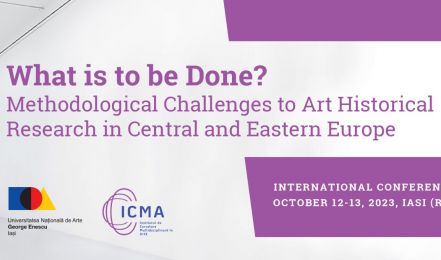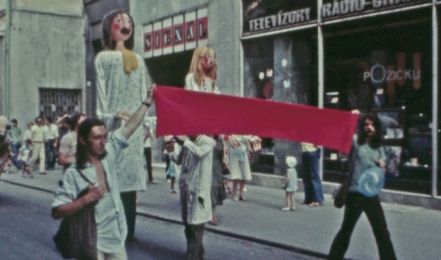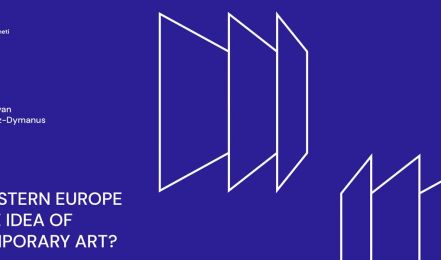‘network’
„Célszerű lenne, ha minden pszichológus a saját elmeállapotával foglalkozna”
… case studies as a point of departure, the presentation will explore the question of how the social networks of people were exploited and used by the Ministry of Interior to obtain information, and the specific role and responsibility of those who, through their corrective and curative work, knew much more about the hidden networks of communities and the workings of the human psyche. In the spring of 2022, KEMKI will organise a three-part series of open lectures on the history of the Bródy …
What is to be Done? Methodological Challenges to Art Historical Research in Central and Eastern Europe
… 12.00 – 13.00 – Lunch break 13.00 – 15.00 Panel 2: Revisiting socialist art: artists’ networks and exhibition histories Pavlína Morganová – Introduction – The Society of Exhibition under Socialism: what we learnt and what is there to discover in exhibition histories Mădălina Brașoveanu – State-supported subversion or acts of deterritorialization? How to describe “the alternative” in the art exhibitions from the 1980s in Romania? Joanna Matuszak – The Nostalgic …
Párhuzamos struktúrák, kommunikációs csatornák és csomópontok
… covened by Andrea Euringer Bátorová (Comenius University, Bratislava) will investigate the networks, communication channels, nodes and vechicles of transfers between the art scenes of the countries of the so-called "Eastern bloc" in the 1970s. Speakers: Andrea Bátorová, Hana Buddeus, Katalin Cseh-Varga, Daniel Grúň, Beáta Hock, Mira Keratová, Lujza Kotočová, Zsuzsa László, Karolina Majewska-Güde, Pavlína Morganová, Jana Písaříková, Dagmar Svatošová For more details visit the …
Infrastructures of Trading and Transferring Art since 1900
… from three continents, the three days of the workshop aim to reveal those institutions and networks and lay behind the commercial and non-commercial circulation of artworks. Keynote lectures will be held by Ana Magalhães (São Paulo) and Nathalie Heinich (Paris). The list of presenters also includes researchers from KEMKI. Although art market studies as an academic field has become increasingly popular in the last decade, there has been little research that critically examines the …
Hogyan terjedt el a kortárs művészet Kelet-Európában?
… economic, and artist transfigurations of postsocialism. The conversation around the SCCA network, or Sorosart, also leads to questions regarding the impact of the postsocialist contemporary on global art, and/or the broader institutionalization of art in the aftermath of 1989. This event – organized by the Central European Research Institute for Art History (KEMKI) of the Museum of Fine Arts Budapest – is part of these institutions’ ongoing research into the art of the 1980s. The …




